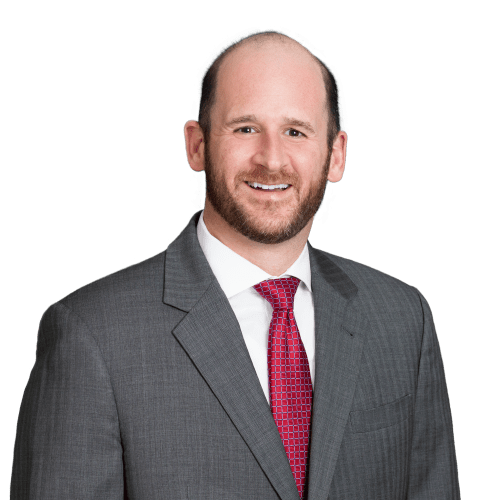After Omnicare: Opinion Statement Liability in SEC Registrations
The U.S. Supreme Court in March provided important guidance on the support required for expressions of opinion or belief in registration statements. In Omnicare, Inc. v. Laborers District Council Construction Industry Pension Fund, the Court interpreted Section 11 of the Securities Act of 1933, which allows suits against the issuer of securities if the registration statement "contain[s] an untrue statement of material fact" or "omit[s] to state a material fact … necessary to make the statements therein not misleading," and held that an expression of opinion or belief does not in itself violate Section 11 unless the issuer subjectively believed the statement to be untrue or the statement included "embedded" statements of untrue facts.
But, writing for the Court, Justice Kagan explained that "we believe" and "we think" are not "magic words." Liability arises if the statement "omits material facts about the issuer’s inquiry into or knowledge concerning a statement of opinion, and if those facts conflict with what a reasonable investor would take from the statement itself."
For example, according to Justice Kagan, a CEO’s sincerely held claims about a product’s "superiority," when she "failed to review any of her competitors’ product specifications," would not be insulated from liability. Another example, in Kagan’s view, could be an issuer’s sincere belief in its compliance with applicable law, if stated "in the face of its lawyers’ contrary advice" that was not disclosed.
In light of Omnicare, it will be important to consider whether the level of certainty that a reasonable investor would, under all the circumstances, ascribe to a statement of opinion or belief is fairly aligned with the information then in the issuer’s possession. If not, it may be necessary to seek additional support for the statement or to omit, qualify, or otherwise revise it.
Much future litigation doubtless will turn on these questions, as the Court’s opinion provides little guidance on how its general principles should be applied in specific cases.

